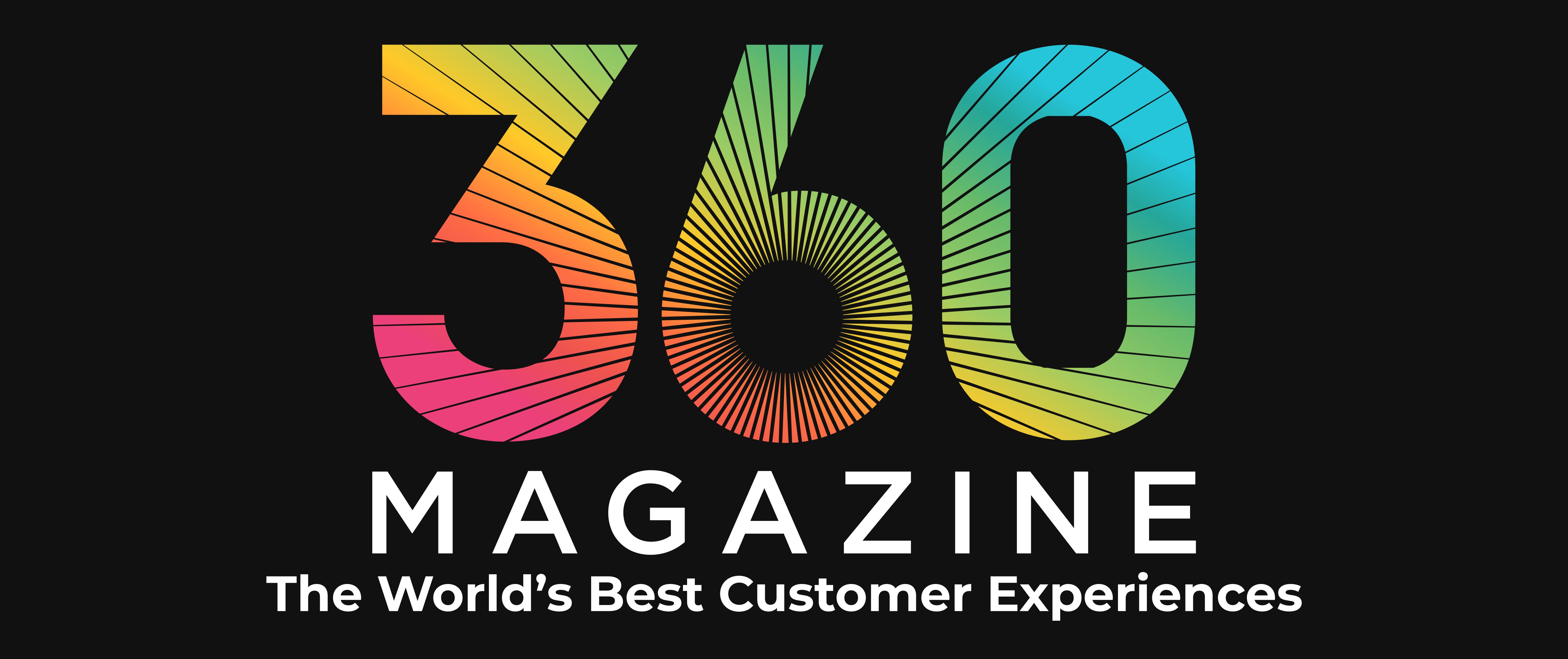Inside T-Mobile’s ‘uncarrier’ approach to CX
by Shane Schick
June 26, 2024

Shane Schick
Shane Schick tells stories that help people innovate, and to…
To view this content, you must be a member of Shane's Patreon at %%currency_sign_front%%9%%currency_sign_behind%% or more
 Unlock with Patreon
Unlock with Patreon
Shane Schick
Shane Schick tells stories that help people innovate, and to manage the change innovation brings. He is the former Editor-in-Chief of Marketing magazine and has also been Vice-President, Content & Community (Editor-in-Chief), at IT World Canada, a technology columnist with the Globe and Mail and Yahoo Canada and is the founding editor of ITBusiness.ca. Shane has been recognized for journalistic excellence by the Canadian Advanced Technology Alliance and the Canadian Online Publishing Awards.














